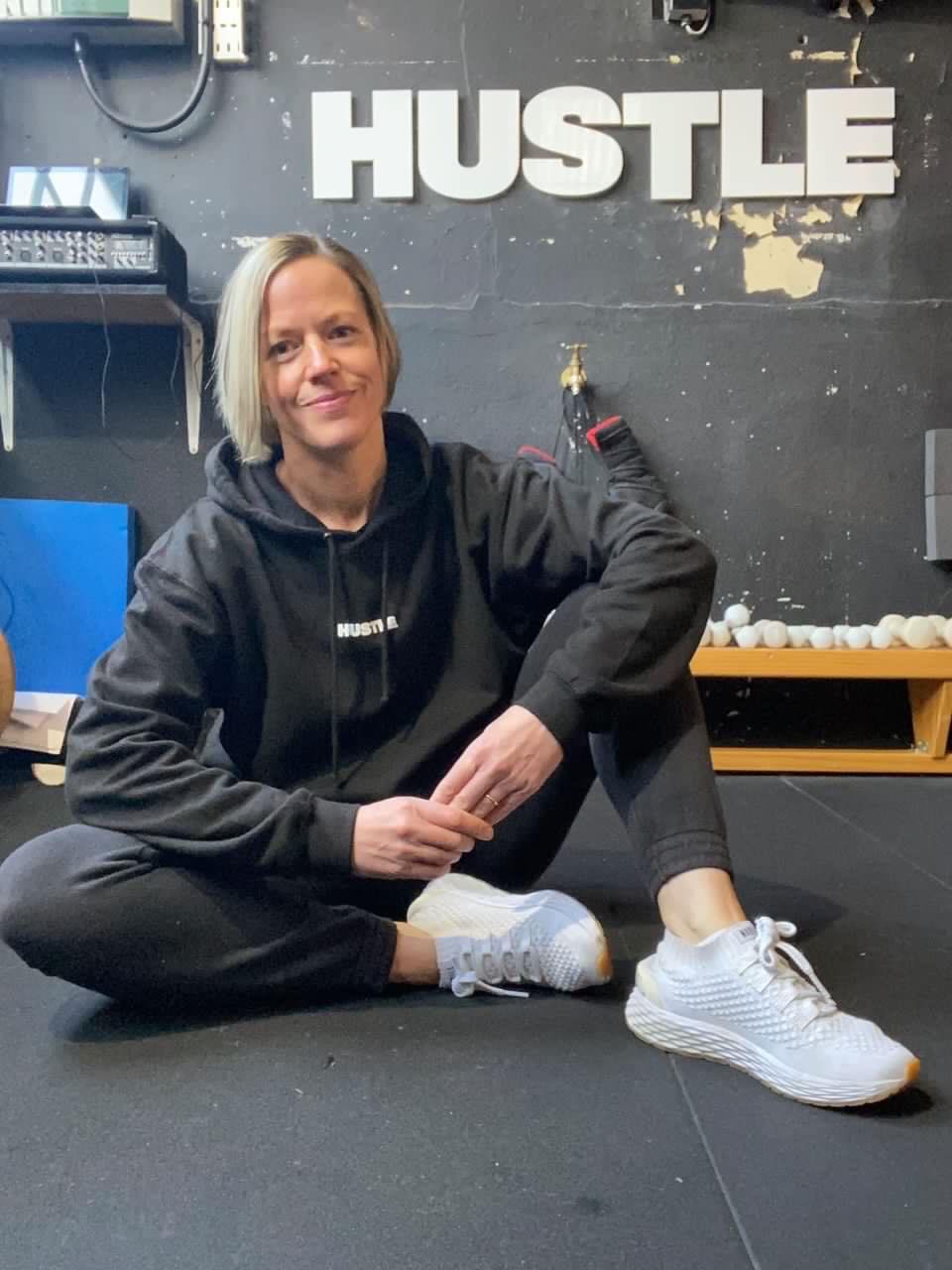Local pregnancy and baby business - Returning to exercise post birth by Babyfit
Local pregnancy and baby business – Returning to exercise post-birth by Babyfit
It is often quite disappointing to hear that there isn’t a black-and-white answer to this. Everyone is different and with no two births being identical, the return to exercise will look and feel different for each individual. For the majority, finding the time is the trickiest barrier once the body feels ready to rock and roll. However what can be done following birth to ensure the body is as ready as can be for more.
Here are my top tips:
- Spend as much time as you are able in the first 2-3 weeks resting. The human body is incredibly intelligent and knows just what to do. For example, you will likely physically feel the uterus shrinking back to normal. These sensations can come as quite a shock but, as uncomfortable as they are, this is your body doing incredible work. I mean, what other body part can stretch, and return to its original size multiple times? For some, this is not possible with siblings or because you naturally find it hard to do, so please no extra stress, do what you can.
- As soon as possible, as long as there is no pain, start gently activating your pelvic floor and connecting back with a full breath (something that became very challenged at the end of pregnancy with restricted space!) Slow, deep breathing, with a relaxed tummy, will allow the rib cage to be beautifully massaged and will feed energy and nourishment into the healing tissues and muscles.
- Hopefully you may have had the opportunity to batch cook some frozen meals in those final weeks of pregnancy, however if you didn’t then call on family and friends to bring food! Food prep is the last thing on your mind when you have a new born but food, nutrition and hydration can really help support the body during this phase. I know how hard it is and how easy it is to reach for quick processed food and takeaways but if you have the support of a partner and/or family and friends, get them to cook all the goodness. It will make a difference, plus this might help reduce other symptoms such as constipation, which is important to avoid for pelvic health.
- Gradually build up to more movement. In an ideal world, if one were to exist, we would spend approximately 7 days in bed, 7 days moving on or around the bed and the days following slowly moving away from the bed (remembering we are all different). I know those who are used to participating in intense exercise pre-pregnancy are often missing the endorphin rush, but please do not under estimate the power of walking. This also gives the opportunity to monitor for pain, discomfort, increased bleeding and any pelvic floor challenges. This can be built up in distance and speed, although running isn’t recommended until approx. 12 weeks.
- See a pelvic health physiotherapist if you can. Having this appointment can be worth its weight in gold when it comes to knowing what is internally and externally going on. With approximately 1 in 2/3 women experiencing bladder incontinence at some point in their life, it can offer a great reassurance and give personal preventative measures to help.

Debbie is a health and fitness instructor who specialises in pregnancy and post birth exercise and wellness. She runs a business called BabyFit and her classes and expertise can be found in private classes, as well as working freelance for other gyms in Norwich. Debbie has a passion for all things women’s health and can often be heard talking about the pelvic floor and other taboo topics of conversation surrounding our anatomy. Debbie can be found at www.babyfit.me.uk or on social media, and welcomes any questions you have to help you feel confident and able in your body.
………………………………………………………………………………………………………………………………..
Please check my other guest blogs from pregnant mamas, new mums, and other businesses here
If you’re looking for a Newborn, Maternity, Cake Smash or Family Photographer. Then find out more by clicking the button below.



